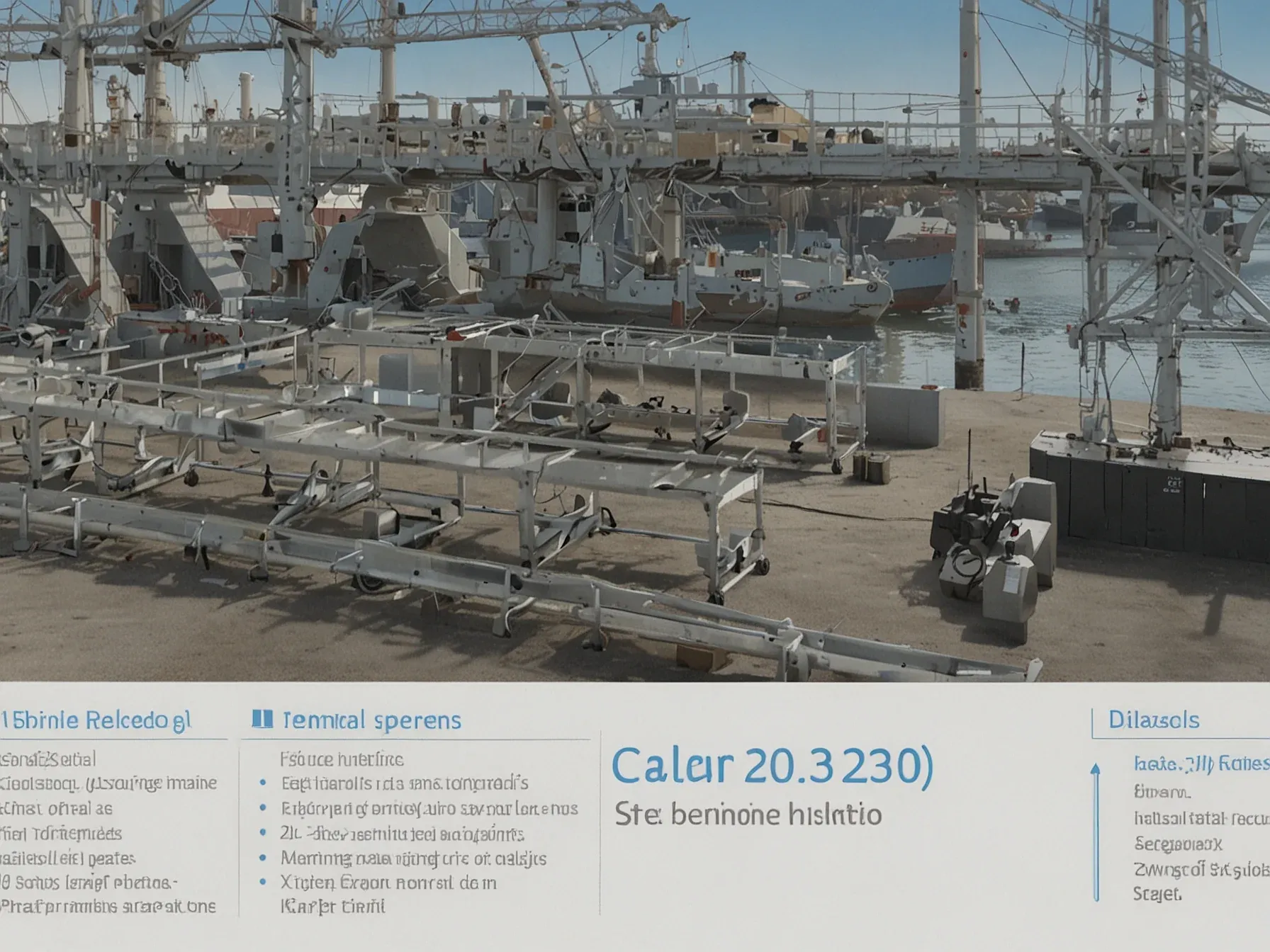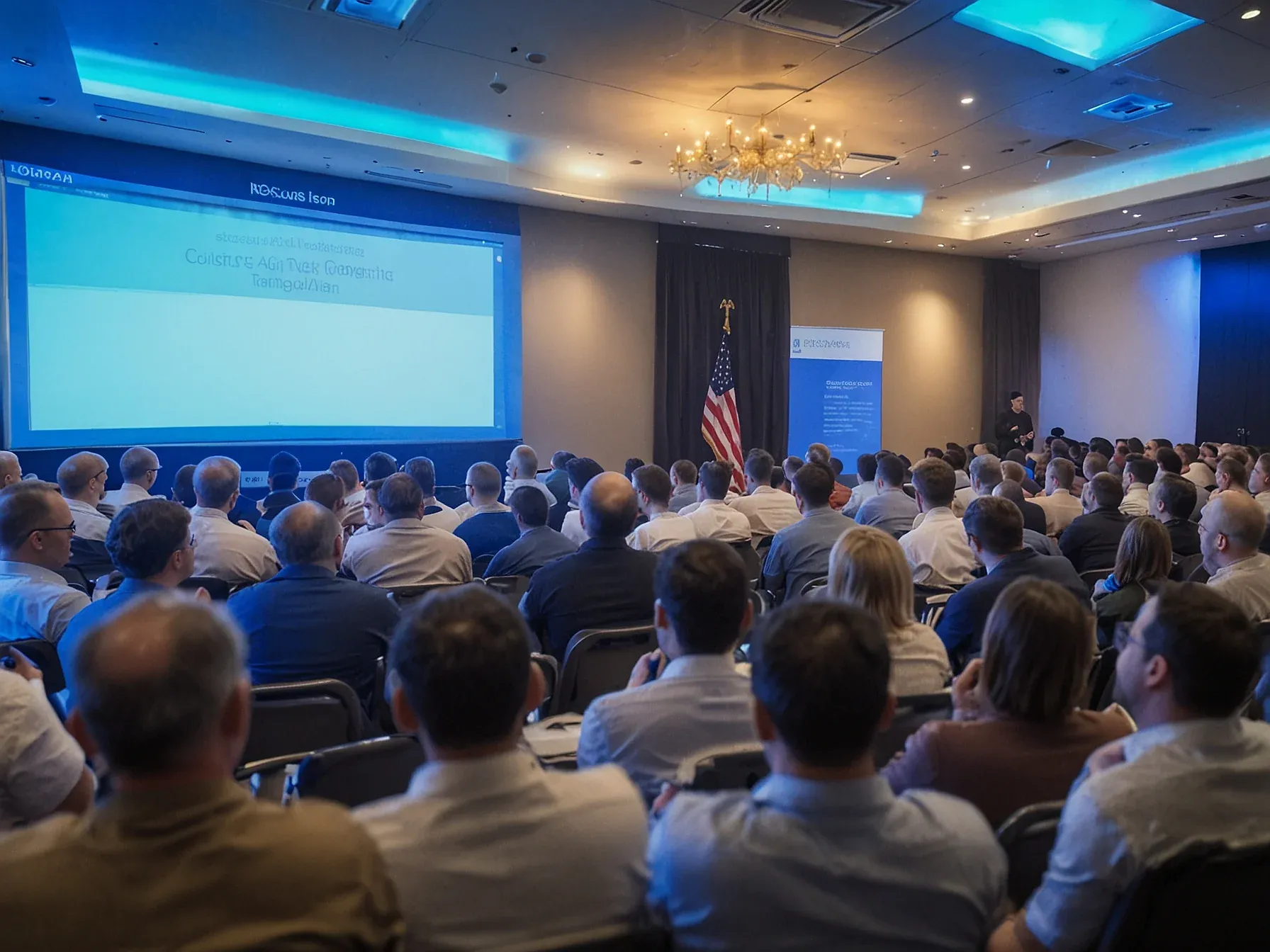
Editorial illustration for Jeff Bezos Unveils USD 6.2B Project Prometheus, Recruits Ex-Waymo Exec Bajaj
Bezos' $6.2B Project Prometheus Recruits Waymo Veteran
Jeff Bezos launches USD 6.2 B Project Prometheus, adds ex-Waymo and Verily exec
In the high-stakes world of tech idea, Jeff Bezos is making waves again. His latest venture, Project Prometheus, has just landed a key recruit that's turning heads in Silicon Valley.
The project, backed by a whopping $6.2 billion investment, has brought on Saurab Bajaj - a tech veteran with serious credentials. Bajaj isn't just another engineer; he's a strategic hire with a track record that reads like a who's who of modern technology.
His previous roles read like a blueprint of modern tech idea. From pioneering work at Waymo's self-driving car program to co-founding Verily's life sciences lab, Bajaj represents the kind of multidisciplinary expertise that could transform Project Prometheus from concept to reality.
But what exactly is Bezos planning? The massive financial commitment suggests this isn't just another moonshot - it's a calculated bet on reimagining how engineering work gets done. And with Bajaj on board, the tech world is watching closely.
Bajaj contributed to projects like the self-driving car that later became Waymo. He also co-founded the life sciences lab Verily and most recently led Foresite Labs before joining Project Prometheus. How Bezos's new venture aims to reshape engineering work According to the report, Project Prometheus is developing AI tools for engineering and manufacturing in fields like computing, automotive, and aerospace.
The Times says the company has not yet decided where it will be based. Until now, the startup has operated mostly out of public view, so it is unclear when it was founded. The team already includes about 100 specialists, including researchers from OpenAI, Deepmind, and Meta.
The startup is targeting a rapidly growing and increasingly competitive segment: AI systems designed to speed up physical processes. That includes tools for robotics, scientific research, and materials development. Other companies moving into this space include Periodic Labs, which is building a lab where robots can run scientific experiments at scale.
Project Prometheus signals Bezos's bold entry into AI-powered engineering idea. The USD 6.2 billion venture appears focused on transforming how technical work gets done across computing, automotive, and aerospace sectors.
Recruiting Bajaj - with his deep background in autonomous technology and life sciences - suggests serious strategic intent. His experience at Waymo and Verily hints at the project's potential complexity and ambition.
While details remain sparse, the initiative seems positioned to develop AI tools that could fundamentally reshape engineering workflows. Bajaj's track record of pioneering work makes him an intriguing choice to help lead this emerging effort.
The company's location remains undetermined, adding another layer of mystery to the project. What's clear is Bezos's continued willingness to invest heavily in modern technological domains.
Still, many questions linger. How precisely will Project Prometheus deploy its AI capabilities? What specific engineering challenges does it aim to solve? For now, these remain tantalizing unknowns in what could be a significant technological undertaking.
Further Reading
- These Were The Largest Funding Rounds Of 2025 - Crunchbase News
- Forget robots, make money with models instead - Robots and Startups
- Growth Equity Update | Edition 45 - Rothschild & Co
- $84B story: The 10 AI mega-rounds that defined 2025 - Tech Funding News
Common Questions Answered
Who is Saurab Bajaj and why is his recruitment significant for Project Prometheus?
Saurab Bajaj is a tech veteran who previously worked on the self-driving car project that became Waymo and co-founded Verily. His strategic recruitment suggests Project Prometheus is serious about developing advanced AI tools for engineering and manufacturing across multiple high-tech sectors.
What is the total investment behind Project Prometheus?
Project Prometheus is backed by a substantial $6.2 billion investment from Jeff Bezos. This significant funding indicates Bezos's serious commitment to developing AI-powered engineering solutions across computing, automotive, and aerospace industries.
What are the primary technological focus areas of Project Prometheus?
Project Prometheus is developing AI tools for engineering and manufacturing in critical sectors including computing, automotive, and aerospace. The project aims to transform how technical work is performed by leveraging advanced artificial intelligence technologies.




